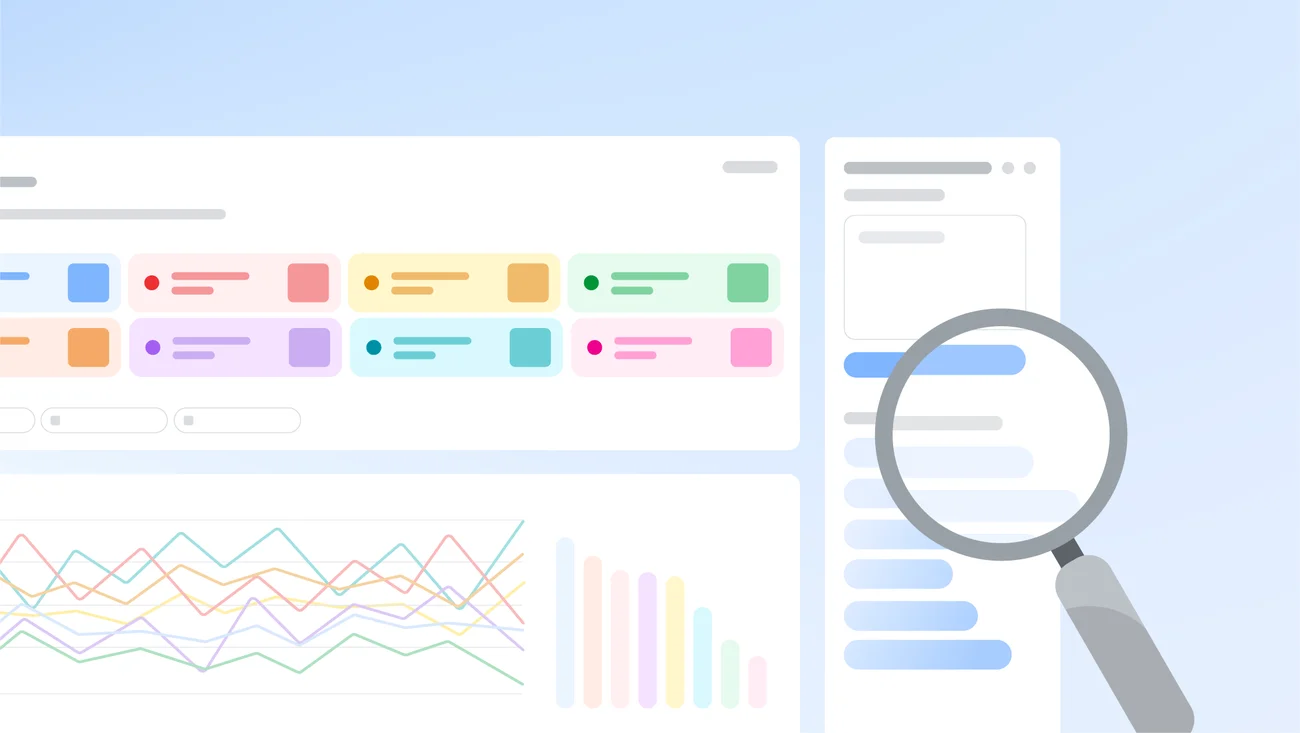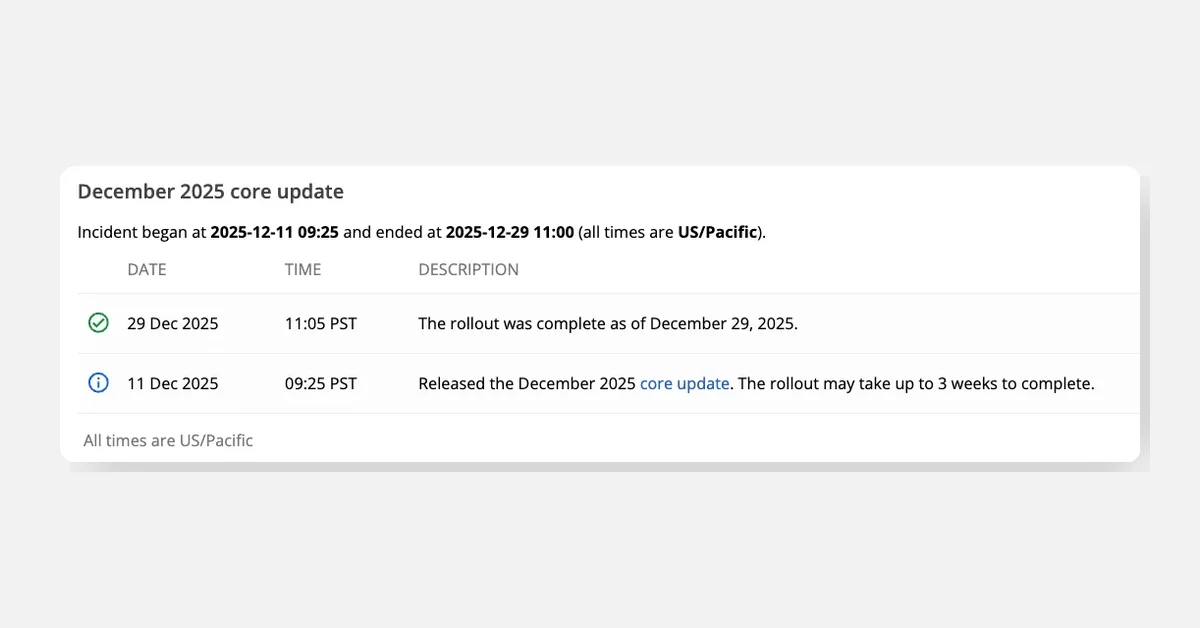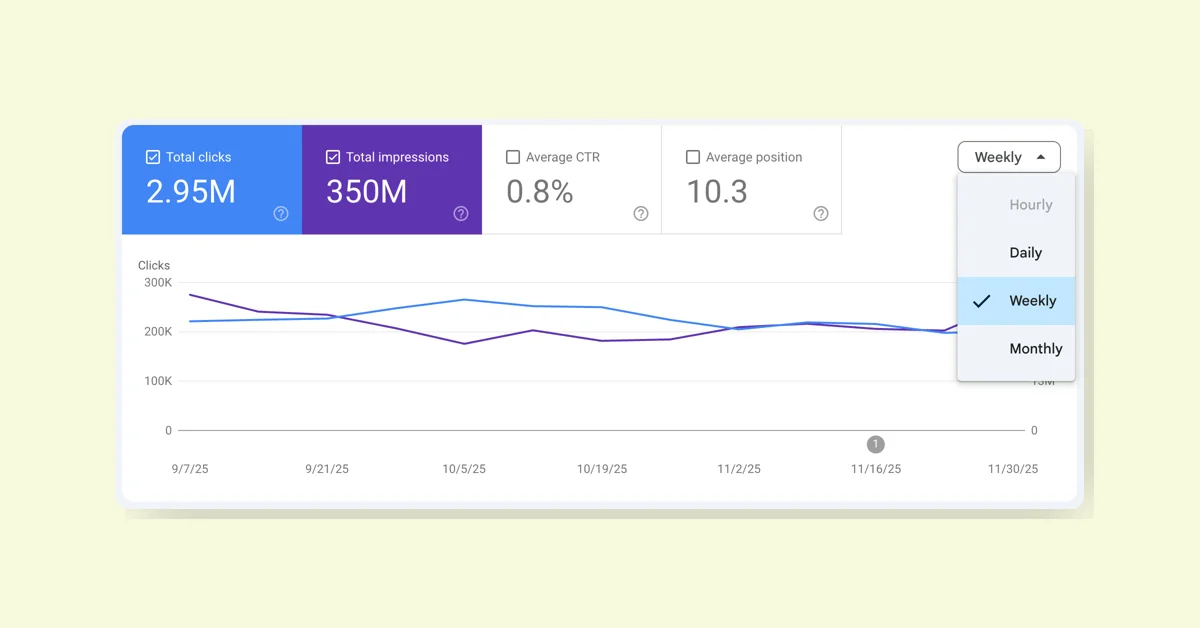Ryan Law, the Director of Content Marketing at Ahrefs, shares how AI can enhance SEO efforts. He explains that generative AI, like ChatGPT, can create text or images and is particularly adept at summarizing information and short-form writing. However, it's not efficient at tasks requiring a broader understanding, such as devising an SEO strategy for a specific company.
AI can be used in various aspects of SEO:
Keyword Research: AI can suggest related keywords and help understand what searchers need when they search for a particular keyword. However, AI-generated volume or difficulty numbers should not be trusted, and a keyword research tool like Ahrefs should be used for accurate data.
Content Creation: AI can help brainstorm titles and headers, check grammar, and edit transcripts. However, it should be used as a creative partner rather than a tool for generating complete articles to avoid Google penalties.
Content Optimization: AI can help identify missing topics in content, write meta descriptions, and make content more helpful according to Google's helpful content guidelines.
Technical SEO: AI can create schema markup, generate hreflang, and help with other technical SEO tasks.
Analysis and Reporting: AI can help construct regex queries, make Google Sheets formulas, write Python scripts, and visualize performance data.
Law also addresses several myths about AI in SEO. He clarifies that Google does not penalize AI content, but rather penalizes bad content. He also notes that Google's market share remains dominant despite the rise of AI. He discusses the potential impact of Google's AI Overviews on search traffic and suggests focusing on "deep topics" that can't be neatly summarized. He also highlights the importance of incorporating EEAT (expertise, experience, authority, and trust) into SEO strategy to stand out from AI content.



















